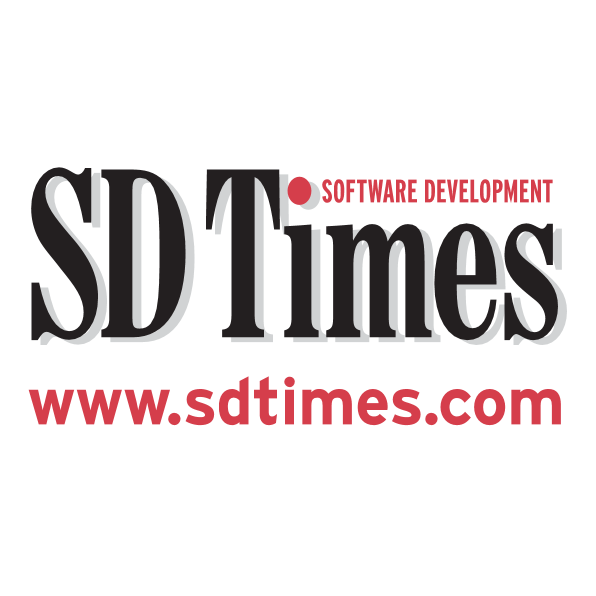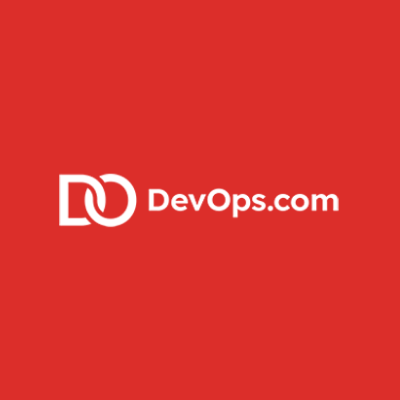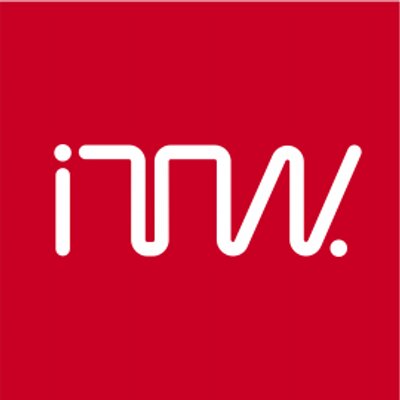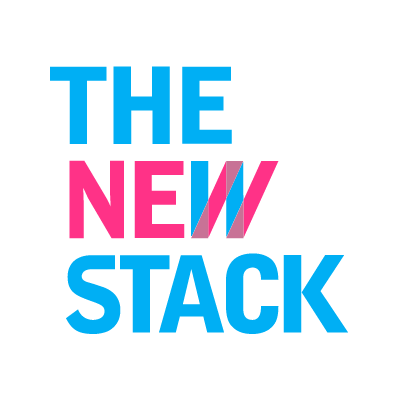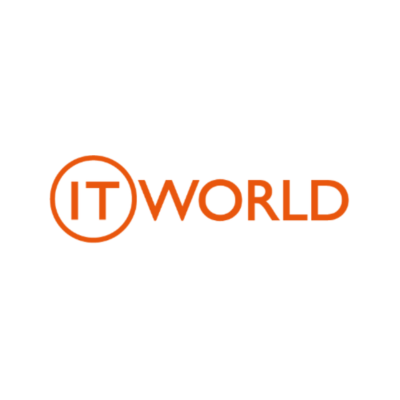
개발자 10명 중 8명이 데브옵스 관련 활동에 참여하고 있다는 조사 결과가 나왔다.
리눅스 파운데이션 산하 CD 파운데이션(Continuous Delivery Foundation)의 ‘CI/CD 현황 보고서 2024(the State of CI/CD Report 2024)‘에 따르면 2024년 1분기를 기준으로, 성능 모니터링과 보안 테스트, CI/CD 등 데브옵스 관련 활동에 참여한 개발자가 83%다. 데브옵스 경험이 적을수록 데브옵스 관행과 기술을 더 적게 도입하는 것으로 나타났는데, 모든 DORA(DevOps Research Assessment) 지표에서 배포 성과가 낮은 것도 같은 이 때문으로 보인다.
원문보기:
https://www.itworld.co.kr/news/333764#csidx726026b9ffd0e3e9888b68478bb146e

